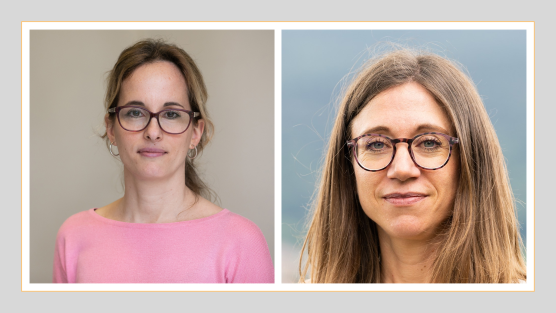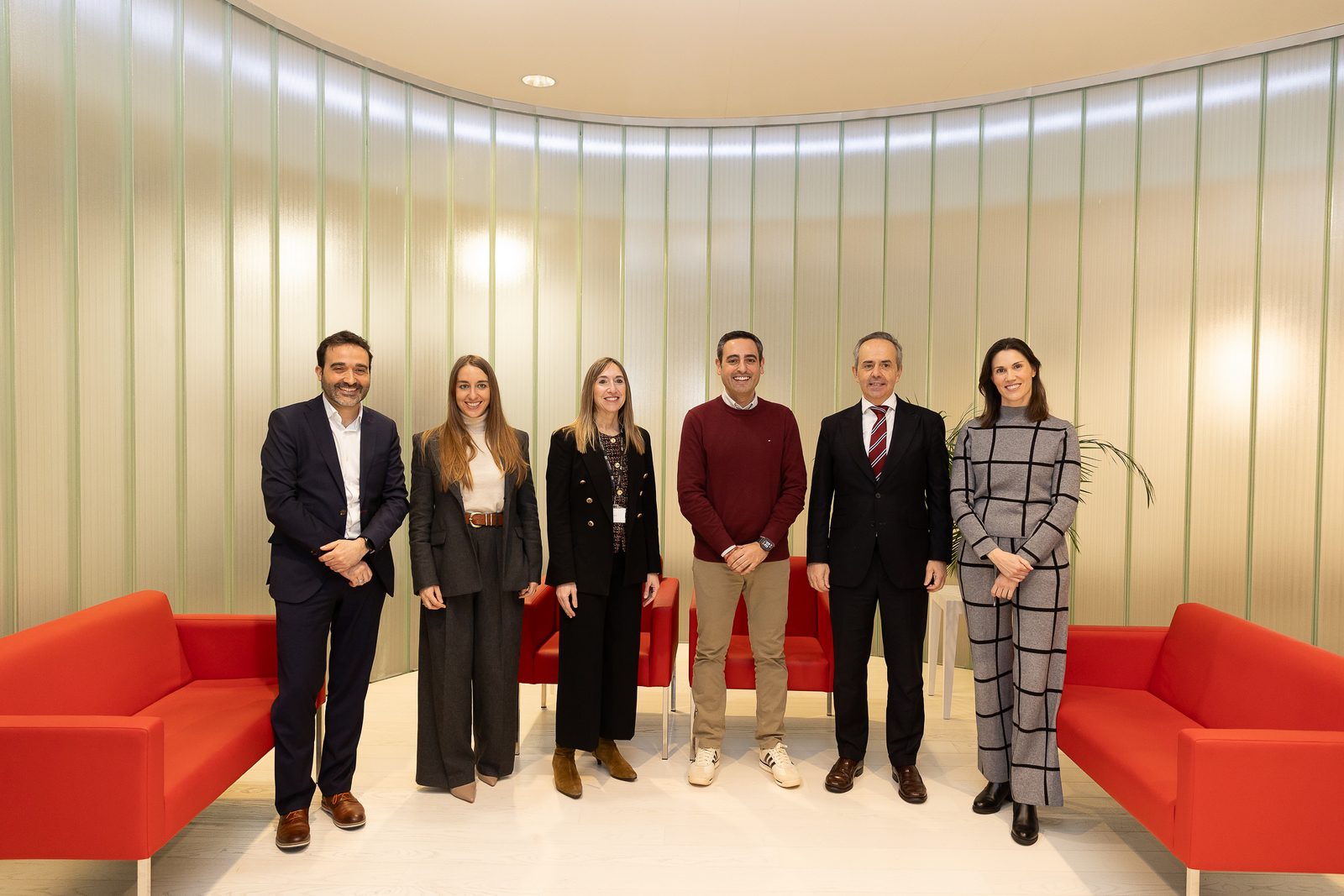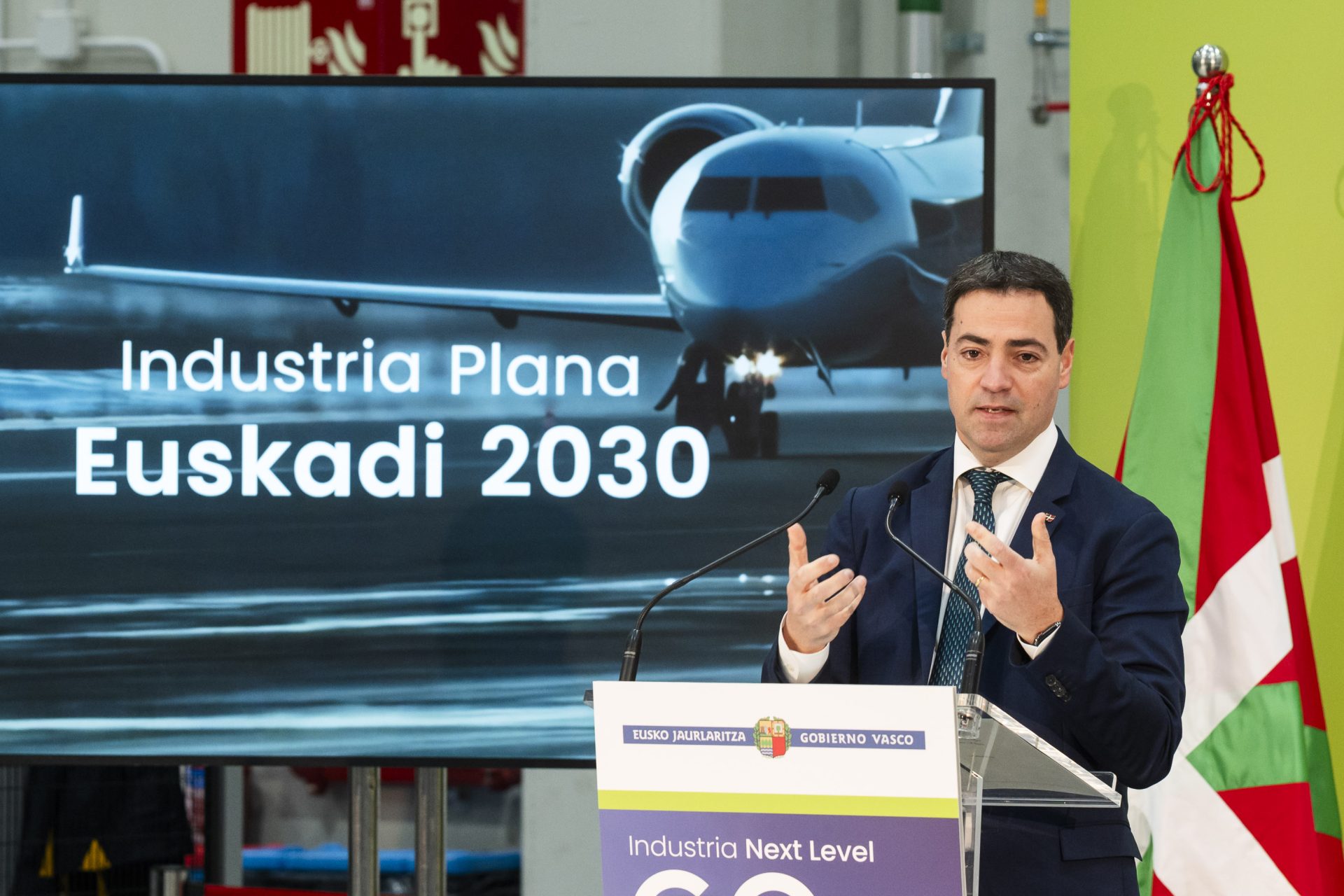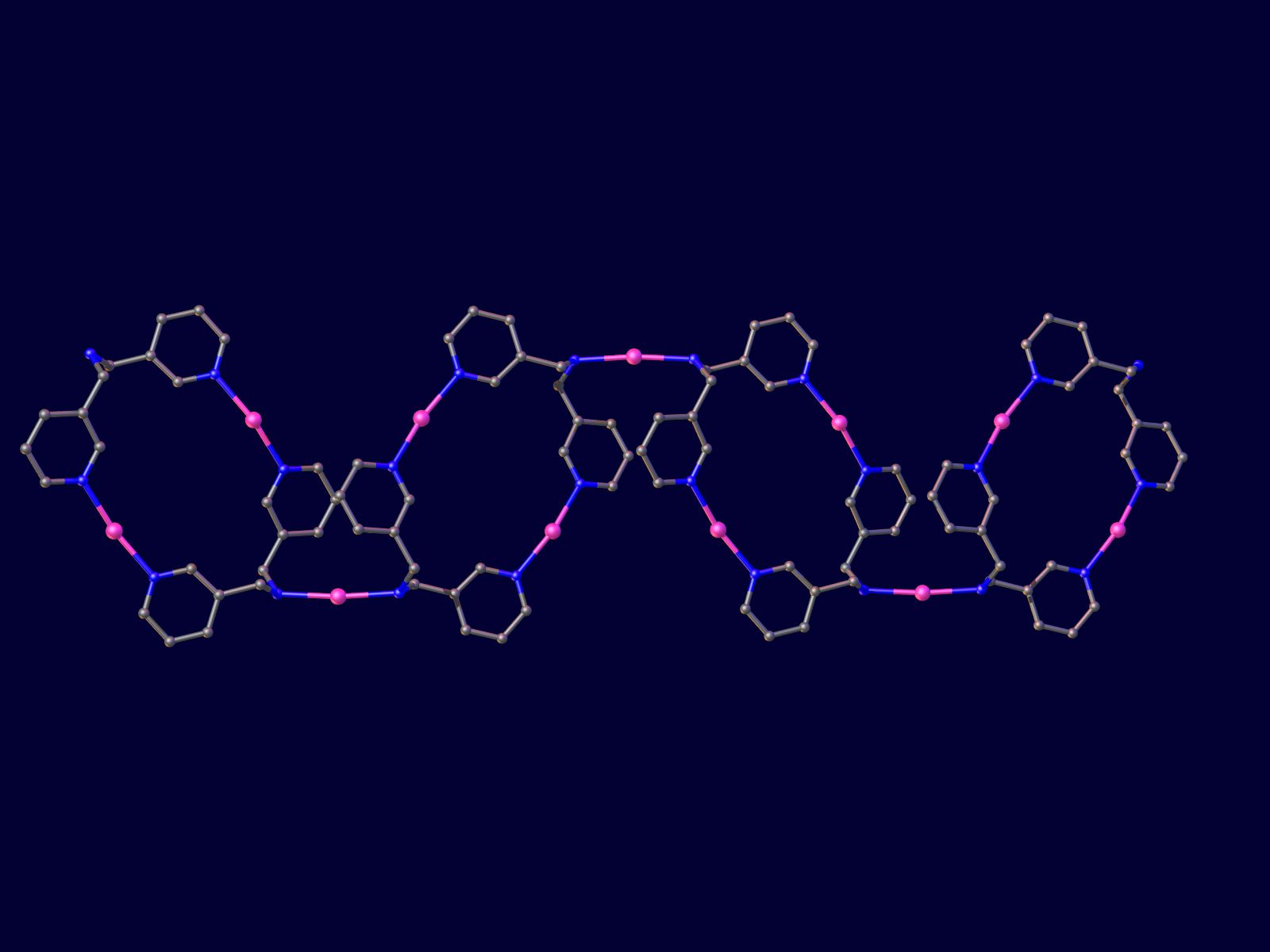Two new European Research Council grants for the Basque Country worth 4 million euros

Ikerbasque researchers Amaia Arranz Mendiguren from Achucarro Basque Center for Neuroscience and Marie Lallier from BCBL – Basque Center on Cognition Brain and Language- have been awarded the prestigious ERC Consolidator grant.
The ERC supports projects that seek to develop novel, high-risk research at the frontiers of knowledge. It is one of the most prestigious research grants in the world.
In 2007, the European Commission established the European Research Council (ERC) with the aim of promoting excellent basic science in Europe by supporting the best researchers from all fields and of all nationalities who wish to pursue frontier research. The ERC funds prestigious projects that seek to develop novel, high-risk research. Since its creation, the ERC has had a considerable impact on the European research landscape.
In the ERC Consolidator 2024 call, a modality aimed at excellent researchers with scientific experience of between 7 and 12 years and whose objective is to fund the most promising ideas, those at the frontier of knowledge, two grants have been awarded to researchers from the Basque Country:
Amaia Arranz Mendiguren is a Ramón y Cajal and Ikerbasque researcher at Achucarro -Basque Center for Neuroscience-. She has received 2 million euros to develop the hASTROCURE project, an ambitious project that seeks to understand the contribution of astrocytes to Alzheimer’s disease.
The pathogenesis of Alzheimer’s disease is not fully understood and, to date, there is no cure. Current therapeutic targets are insufficient, creating an urgent need to identify new pathways and mechanisms to treat this devastating disease. To date, mouse models have provided essential information about the disease, but the limitations of these models make it necessary to use human-based models in order to understand the complexity of Alzheimer’s disease.
hASTROCURE proposes to investigate, in a multidisciplinary approach, astrocytes, which have been little studied to date in relation to this disease, with the aim of revealing their contribution to the disease and defining new therapeutic strategies.
Marie Lallier is an Ikerbasque researcher at the BCBL -Basque Center on Cognition Brain and Language- The ERC Consolidator will allow her to develop BIBALANCE, an ambitious project funded with 2 million euros, which seeks to understand how early bilingualism can increase the brain’s resilience to dyslexia.
The project explores how learning two languages from an early age influences brain organisation and supports overcoming the challenges associated with reading. Using the concept of hemispheric rebalancing, BIBALANCE will investigate how bilingual experience reorganises neural networks, creating more efficient connectivity that compensates for the genetic risks associated with dyslexia. This study will employ advanced neuroimaging and genetic techniques in 500 Basque bilingual children.
With thousands of applications each year and after an international evaluation in which scientific excellence is the sole criterion for assessment, only 10-15% of projects win this attractive funding.
The initiatives supported by the European Research Council enjoy great prestige among the international scientific community, in fact, the success in obtaining these grants, which cover all scientific areas, is an indicator of excellence at international level. According to Fernando Cossio, scientific director of Ikerbasque, ‘Obtaining ERC grants makes the Basque Country internationally recognised as a region with advanced research, with Basque research groups of international standing and where the right conditions are in place to carry out research of international stature’.




